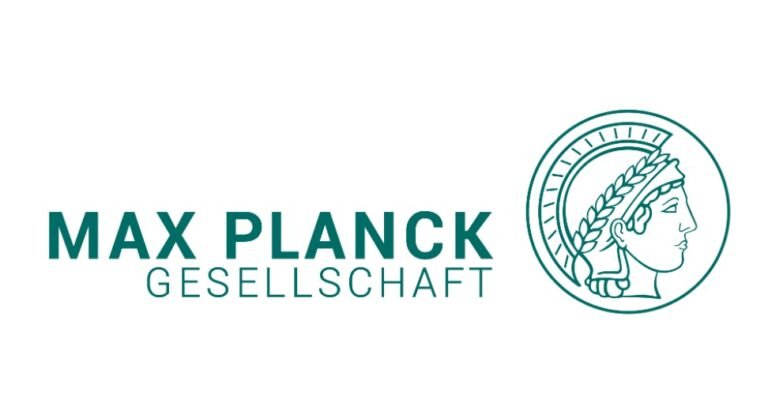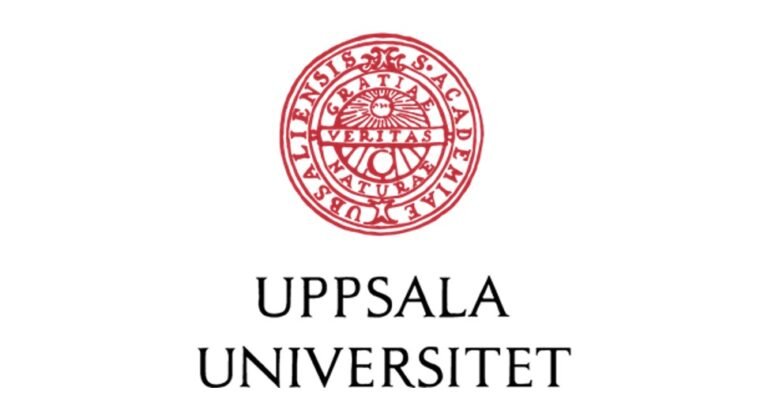The Department of Archaeogenetics at the Max-Planck-Institute for Evolutionary Anthropology invites applications for the position of a PhD Researcher (m/f/d) in Computational Population Genetics.
We seek an innovative PhD researcher who enjoys working in an international research environment.
The research environment
The Max Planck Institute for Evolutionary Anthropology is one of the leading institutions investigating the evolution of humankind. Located in Leipzig (Germany), we unite scientists with diverse backgrounds who work together to gain insights into the human past.
The Department of Archaeogenetics utilizes the recent advances in generating genome-wide ancient DNA data to uncover an entirely new spectrum of information retrievable from anthropological and archaeological collections. This data unlocks fascinating insights into genetic relationships, geographical origin, selective processes, or genetic structure of historic and prehistoric human, plant, animal, or pathogen populations.
The project
The position will be part of the computational population genetics research group led by Harald Ringbauer. It is supported by the ERC Starting grant EPIDEMIC (see here). You will develop and apply powerful population genetic tools and pioneer linking medieval and modern genomes using shared haplotypes (IBD segments) to study historic European population structure.
Your qualifications
- You hold an MSc degree (or are nearing completion) in Bioinformatics, Computer Science, Mathematics, Physics, or a related field.
- Strong quantitative skills, ideally experience in data science and software development.
- Excellent intuition for empirical data analysis.
- Proficiency in English, enabling you to present and discuss research results in a multidisciplinary and international environment. Knowledge of German is not required, although we can support learning German.
- Self-motivated work style and work ethic.
What we offer
- Fully funded PhD Position for three years (with possible extension).
- Full salary via Max Planck support contracts (65 percent of Pay Group 13 of the Collective Wage Agreement for the Civil Service, TVöD), including the corresponding social benefits.
- A budget to attend international conferences, visits, or invite collaborators.
- You will closely interact with leading research groups in ancient DNA (see here) as a member at the Max Planck Institute for Evolutionary Anthropology (MPI-EVA) in Leipzig, Germany.
- Living in Leipzig, an up-and-coming German city with a young demographic.
- The Max Planck Society offers flexible working hours, active support of healthy work-life balance, and a family-friendly working environment.
Term of Appointment:
The position will start in 2025. The exact date is negotiable.
How to apply
Electronic Applications (link to the application form only via the job offer on the institute’s career website: PhD position) will be considered until January 15th, 2025.
Interested candidates should submit their application materials in English, including:
- A cover letter explaining your motivation for doing a PhD with us.
- Curriculum Vitae.
- Names and contact information (including e-mail and phone) for two referees.
- Relevant certificates an diplomas.
The Max Planck Society and the Department of Archaeogenetics of the Max Planck Institute for Evolutionary Anthropology are committed to equal opportunities, diversity, and gender equality. We actively support the compatibility of work and family and have set ourselves the goal of employing more severely disabled people and groups that are underrepresented in science, especially in the given field of activity. Therefore, we explicitly encourage them to apply and welcome applications from all backgrounds.







